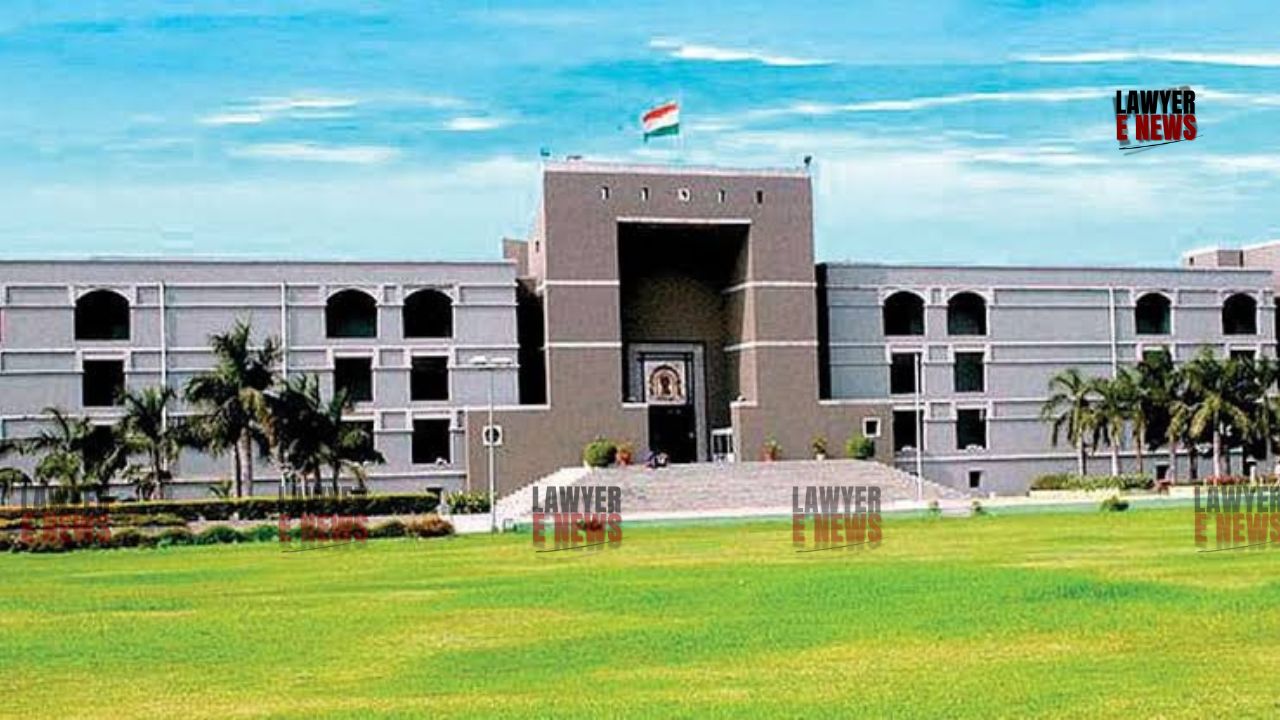-
by Admin
15 February 2026 5:35 AM



Gujarat High Court, presided over by Justice Hemant M. Prachchhak, dismissed Criminal Appeal No. 1832 of 2005 in the case M.C. Bhatti v. Dhansukhbhai Pramabhia Patel & Anr., upholding the trial court's order of acquittal in a food adulteration case. The judgment emphasized that an invalid sanction under Section 20(1) of the Prevention of Food Adulteration Act, 1954, rendered the prosecution unsustainable.
The appellant, M.C. Bhatti, a Food Inspector for Surat Municipal Corporation, filed the appeal challenging the acquittal of the respondent, Dhansukhbhai Pramabhia Patel, by the Judicial Magistrate First Class, Municipal Court, Surat. The case originated from a 1998 inspection where a milk sample collected from the respondent was found substandard by a forensic laboratory. Prosecution was initiated following sanction granted by a local health officer, which the trial court found to be unauthorized under Section 20(1) of the Act.
The primary issue was whether the sanction for prosecution complied with Section 20(1) of the Prevention of Food Adulteration Act. Justice Prachchhak confirmed that the sanctioning authority lacked proper authorization, referencing the Supreme Court's ruling in A.K. Roy v. State of Punjab, which held that delegation of sanctioning power must be explicit and authorized by the State or Central Government.
The court noted, "The use of negative words in Section 20(1) 'No prosecution... shall be instituted except by or with the written consent of' plainly makes the requirements of the section imperative" [Para 13].
The court reiterated that appellate review in acquittal cases must adhere to the principle that unless the trial court's decision is patently perverse or irrational, it should not be disturbed. The judgment cited Chandrappa v. State of Karnataka and Rajesh Prasad v. State of Bihar to emphasize that if two reasonable views are possible, the appellate court should respect the trial court's acquittal.
Justice Prachchhak stated, "The trial court's findings regarding the invalidity of the sanction are consistent with legal precedents and principles. There is no demonstrable perversity or misappreciation of evidence to justify overturning the acquittal" [Paras 17-18].
The High Court dismissed the appeal, upholding the trial court's judgment and emphasizing that the absence of a valid sanction under Section 20(1) of the Prevention of Food Adulteration Act precluded a sustainable prosecution. The trial court's decision was deemed reasonable, with no compelling legal error warranting intervention.
This judgment underscores the critical importance of adhering to statutory requirements for sanction in criminal prosecutions, reinforcing that deviations from due process can undermine the validity of the entire case.
Date of Decision: October 23, 2024
M.C. Bhatti v. Dhansukhbhai Pramabhia Patel & Anr.
